Avoid These 8 Indian Foods For A Better Night’s Sleep
)
Dinner has a big impact on our digestion, sleep quality, and general health. Eating lighter, more balanced meals has a big impact on our mood and function.
Hese 8 Indian dishes aren't suitable for dinner -
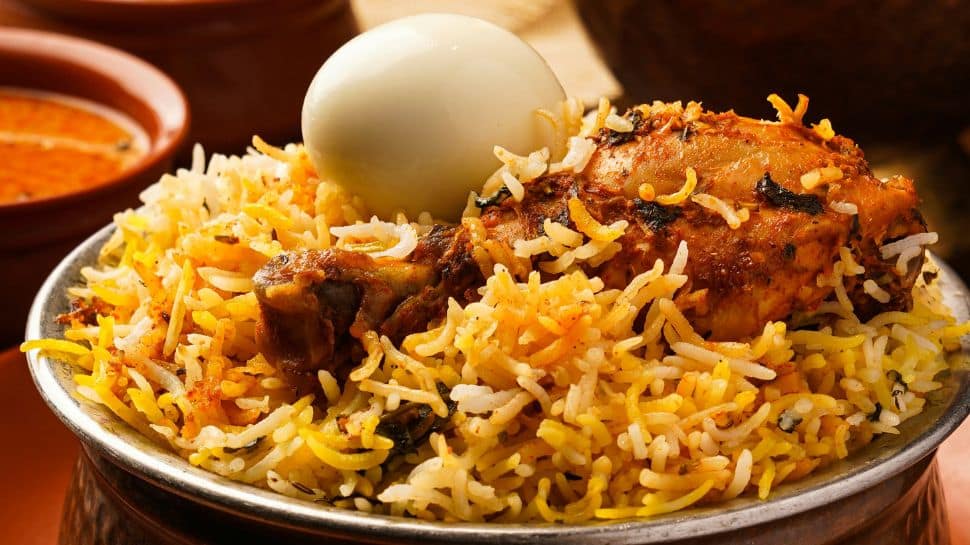
Although delicious, it is high in calories and fats, which can lead to overconsumption and health problems. 500–700 calories in a tiny dish makes it inappropriate for everyday dinners.
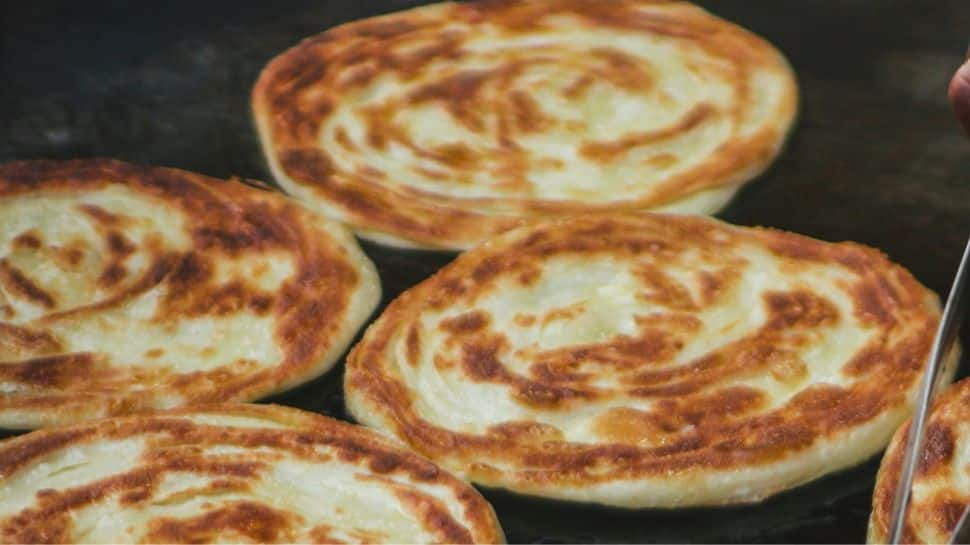
Made with maida and fried in oil or ghee, they are particularly pleasant when packed, like Aloo or Paneer. However, due to its high calorie content and high fat and carb content, they are difficult to digest at night.
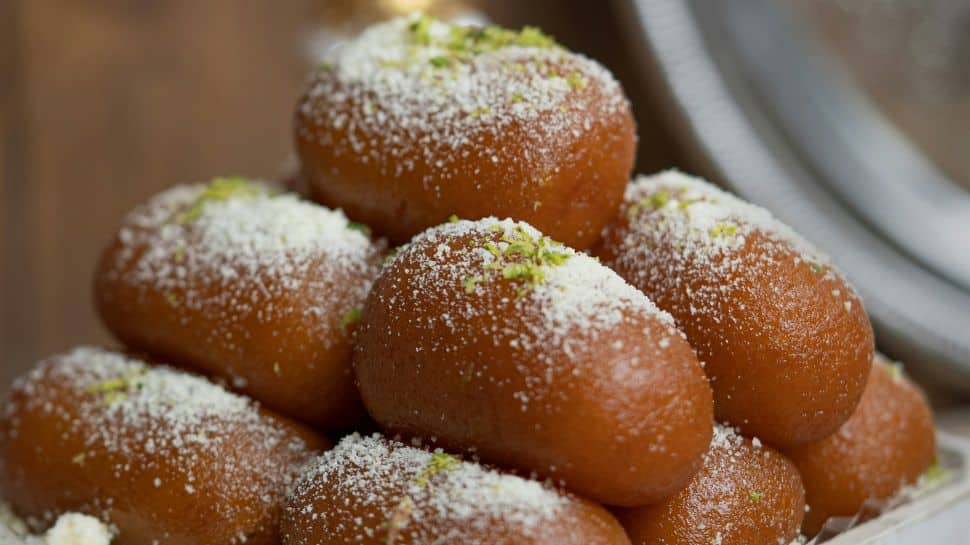
Eating sweets after 8 p.m. interferes with digestion and sleep, which causes cravings. Sweets are a cultural staple, but they also work as stimulants to keep you alert.
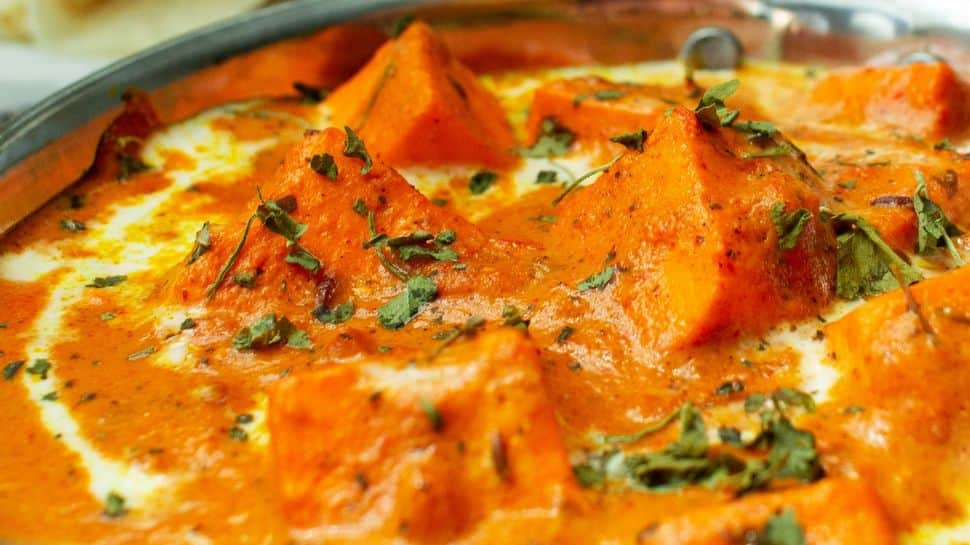
Rich and full of fats, cream, and spices, curries such as paneer butter masala can cause upset stomachs at night. Go for simpler recipes like stir-fried or grilled paneer.
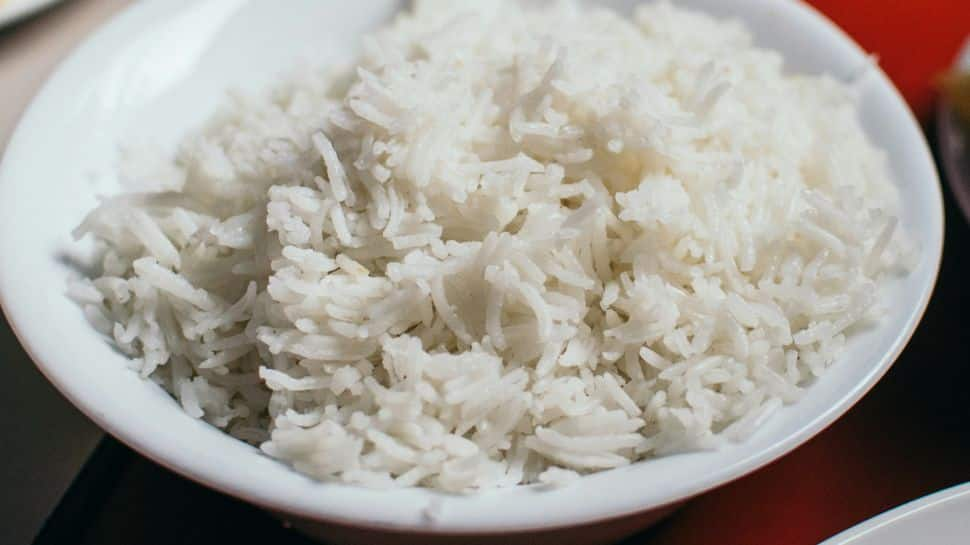
It is a dinner staple, but it is high in carbs, which can induce blood sugar spikes, bloating, and weight gain if consumed in the evening. A healthy option is brown rice, which is best eaten early in the day.
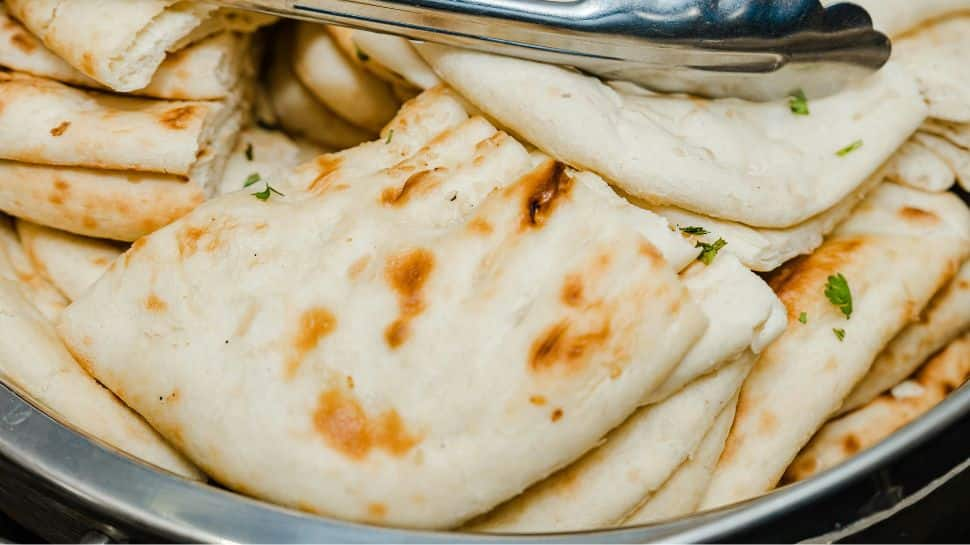
Made mostly of maida and butter, it has few nutrients and lots of calories, which can cause indigestion and bloating. A healthy option would be multigrain roti or whole wheat chapati.
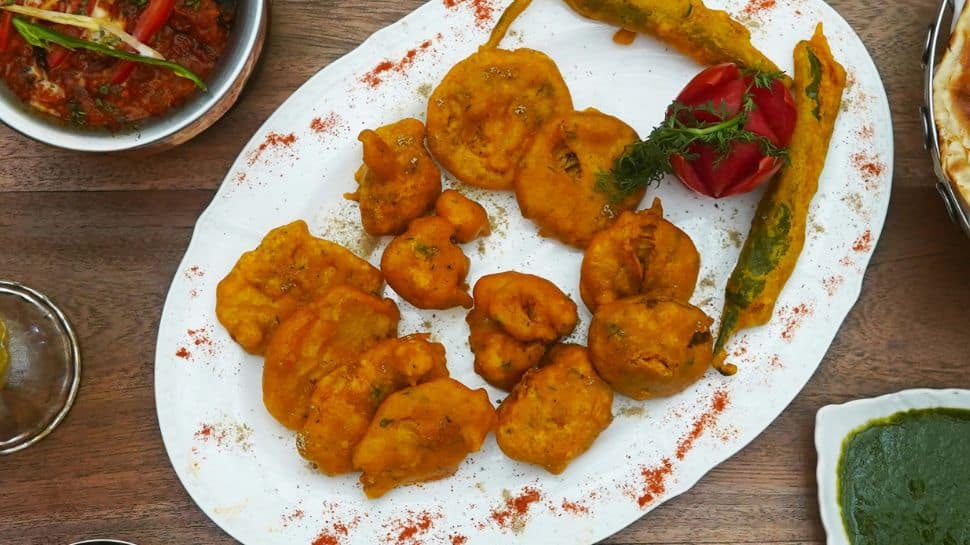
Samosas, Pakoras, and Bhajis are heavy in harmful fats and calories. Since the body burns fewer calories when it is at rest, eating these late at night might result in weight gain, heartburn, and indigestion.
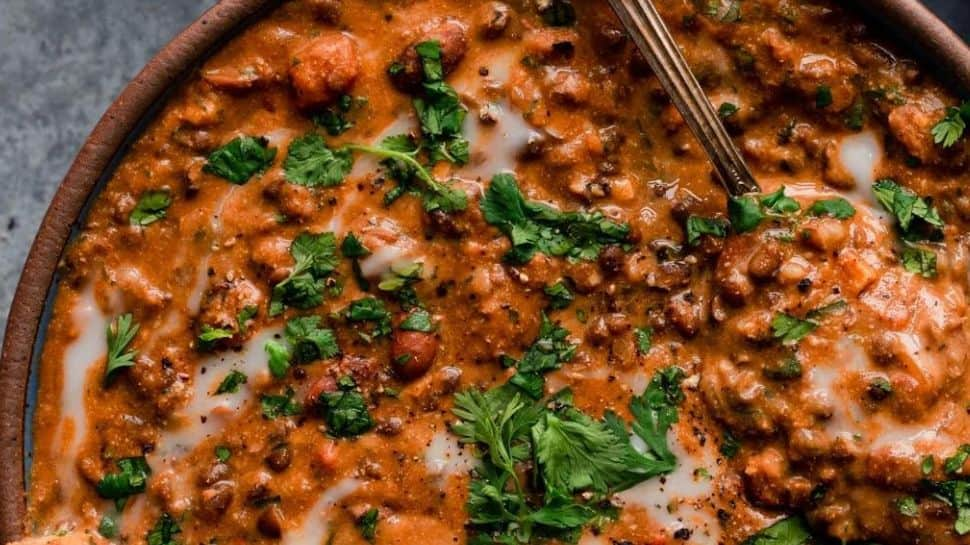
This rich, creamy meal made with butter and cream is heavy in fat and difficult to stomach. For dinner, lighter dals with less added fat, such as moong or masoor, are preferable.

